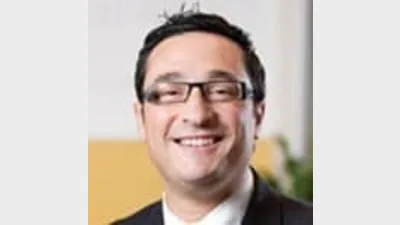Financial advisers to self-regulate national exam



The financial services regulator will soon hold discussions with the financial planning industry about the potential for setting up a self-regulatory organisation (SRO) that would develop and administer the proposed national exam for financial advisers.
The Australian Securities and Investments Commission (ASIC) has announced the next phase of consultation over the proposed exam, which will flow from the initial consultation paper (CP) 153 published in April 2011.
"It is important that the national exam is driven by, and developed with, industry," said ASIC Chairman Greg Medcraft.
ASIC stated that a self-regulatory model, when implemented effectively, can be an efficient approach to establishing the exam.
The announcement was broadly welcomed by the financial advice industry, though both the Financial Planning Association (FPA) and the Association of Financial Advisers (AFA) eagerly await further detail.
"We are eager to receive more information from ASIC on their proposal for a national exam for financial planners," said FPA chief executive officer Mark Rantall.
"There are a number of areas that need some clarification in the release issued today, including the standards the proposed exam will meet and the proposal of a self-regulatory organisation."
FPA general manager for policy and government relations Dante De Gori said the association also wanted to know how the SRO would be funded.
"This is a new concept that's just been announced and we are eager to discuss this with ASIC," De Gori added.
AFA chief executive officer Richard Klipin welcomed the progression of CP 153 to the next stage, as well as ASIC's "co-operative approach".
"But we also look forward to seeing the detail on this proposal as well as the broader components of the initial CP 153 paper, such as the proposed professional year for new advisers."
ASIC is proposing a 2014 start date for the exam with a two-year transition period.
The regulator stated it would like to see the completion of the national exam as a requirement of membership of an industry association or a condition of employment for industry participants.
Recommended for you
The top five licensees are demonstrating a “strong recovery” from losses in the first half of the year, and the gap is narrowing between their respective adviser numbers.
With many advisers preparing to retire or sell up, business advisory firm Business Health believes advisers need to take a proactive approach to informing their clients of succession plans.
Retirement commentators have flagged that almost a third of Australians over 50 are unprepared for the longevity of retirement and are falling behind APAC peers in their preparations and advice engagement.
As private markets continue to garner investor interest, Netwealth’s series of private market reports have revealed how much advisers and wealth managers are allocating, as well as a growing attraction to evergreen funds.











